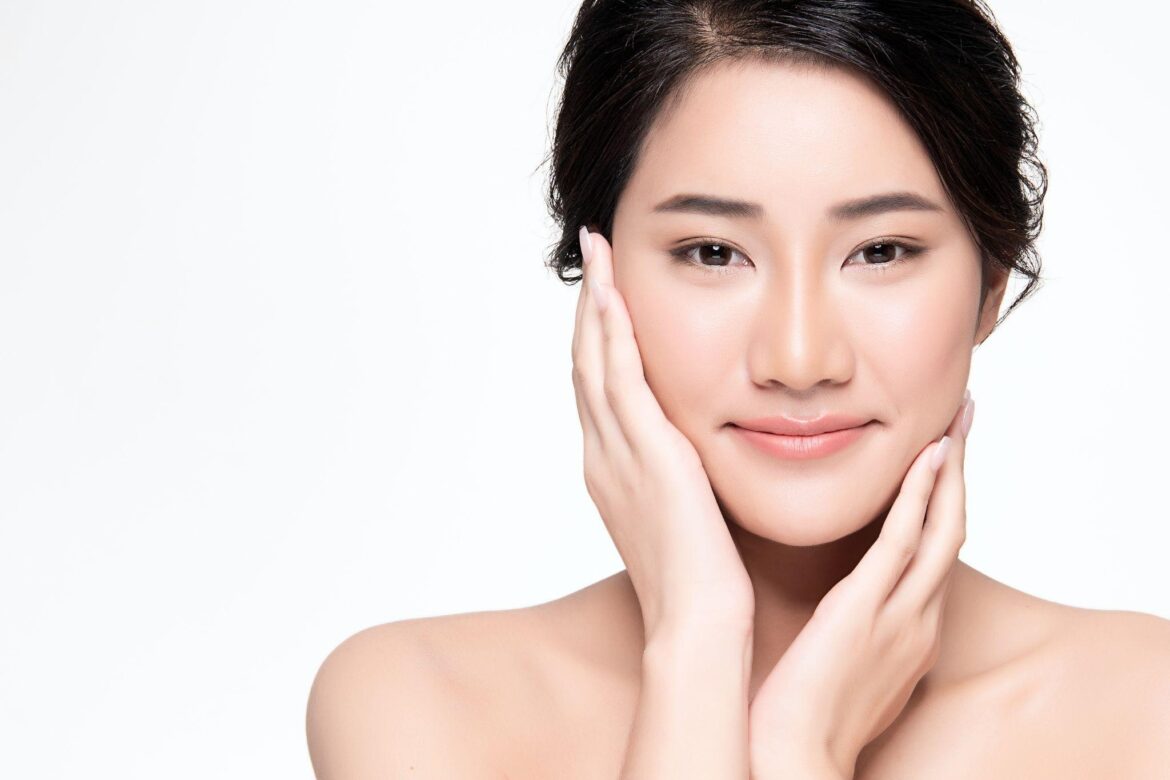The skin barrier is the outermost layer of our skin and serves as the body’s first line of defence against external aggressors like pollutants, bacteria, and allergens. This protective barrier is made up of tightly packed skin cells and natural lipids that work together to shield the skin from harmful substances.
A healthy skin barrier is essential for maintaining overall skin health. It acts as a protective shield, preventing harmful pollutants and bacteria from entering the skin while locking in moisture to keep it hydrated and supple. When the skin barrier becomes compromised due to factors like harsh weather, irritants, or over-cleansing, it can lead to dryness, irritation, and an increased susceptibility to infections. By preserving the integrity of your skin barrier, you enhance your skin’s resilience against environmental stressors, ensuring it stays healthy, protected, and radiant.
A damaged skin barrier can present itself in various ways. Common signs include:
- Dryness and Flakiness: Rough, tight, or scaly skin often indicates moisture loss.
- Redness and Irritation: Increased sensitivity can cause redness or a burning sensation.
- Itching: Persistent itching is a clear sign of barrier damage.
- Breakouts: Acne and blemishes can appear when the skin is unable to block out bacteria and pollutants effectively.
- Sensitivity to Products: A weakened barrier may react to products that were previously well-tolerated.
- Dullness: Skin may appear lacklustre or less vibrant.
- Visible Pores: Larger pores may appear as the skin struggles to regulate oil and moisture.
Recognising these signs is crucial, as a compromised skin barrier can lead to more serious skin conditions like eczema or acne. A consistent skincare routine that prioritises gentle cleansing and hydration can help restore the barrier and prevent further damage.
Maintaining a healthy skin barrier offers several important benefits:
- Protection Against External Aggressors: A strong barrier shields the skin from pollutants, bacteria, and UV radiation, reducing the risk of skin infections.
- Moisture Retention: The barrier helps retain moisture, keeping the skin hydrated and preventing dryness.
- Regulation of Skin Functions: It supports the skin’s natural processes, such as healing and oil production, maintaining balance.
- Prevention of Inflammation: A well-functioning barrier reduces inflammation, helping to prevent conditions like eczema, rosacea, and psoriasis.
- Enhanced Product Efficacy: When the barrier is intact, skincare products are more effectively absorbed and can deliver maximum results.
- Overall Skin Appearance: A healthy barrier contributes to smoother, more radiant skin by preventing dryness, dullness, and texture issues.
- Long-Term Skin Health: A well-maintained barrier can help prevent premature ageing and other long-term skin problems.
Protecting and maintaining your skin barrier can promote long-term skin health and a more youthful, vibrant complexion.
Supporting Your Skin Barrier with TCM
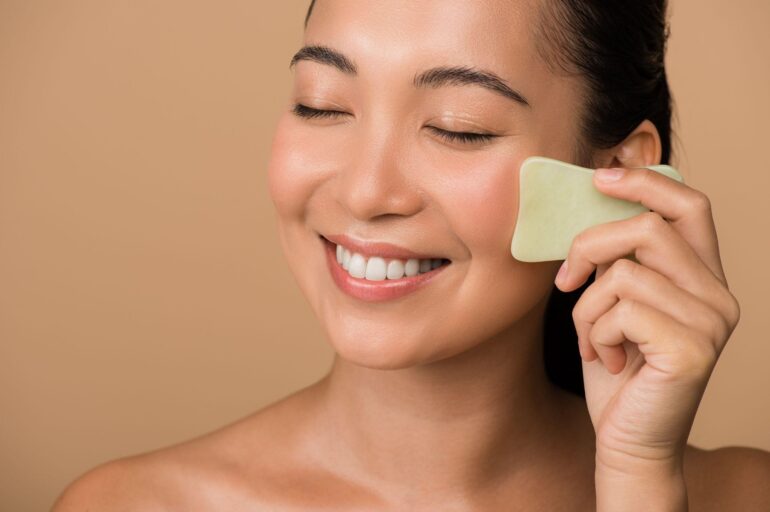
TCM takes a holistic approach to skincare by focusing on the balance of internal systems and nourishing the body from the inside out. In TCM, the skin is viewed as a reflection of internal health, with conditions like acne, eczema, and dryness often indicating imbalances in organs such as the Lungs, Liver, Spleen, or Kidneys.
Central to TCM is the concept of Qi, or vital energy, which flows throughout the body, supporting blood circulation and nourishing organs and tissues. The strength and health of the skin barrier are influenced by the smooth flow of Qi—when Qi is stagnant or deficient, it can impair circulation, weakening the skin’s ability to protect itself. This can result in a compromised skin barrier, making it more vulnerable to external stressors.
TCM therapies like acupuncture and herbal remedies aim to restore the flow of Qi, enhance blood circulation, and strengthen the skin barrier, promoting healthier, more resilient skin. By addressing both internal imbalances and external protection, TCM nurtures the skin’s natural defense system, ensuring it remains strong and radiant.
Restoring Your Skin Barrier Through Diet
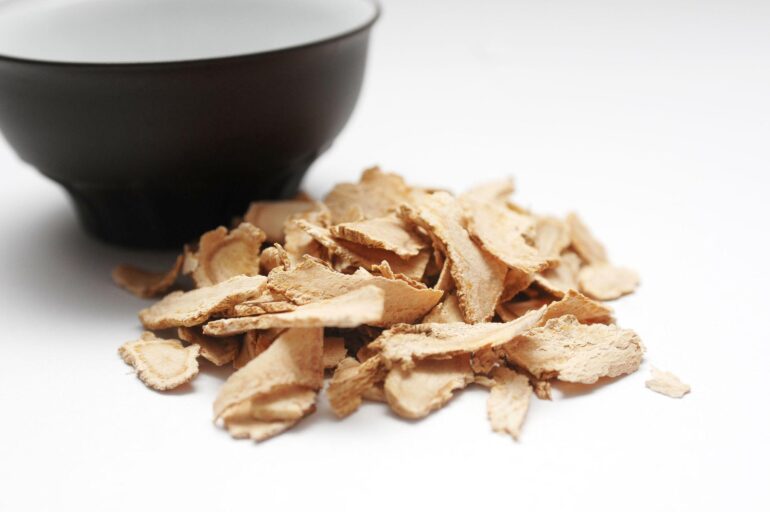
To support skin health, TCM emphasises nourishing the body through food, herbs and lifestyle practices. Some key herbs known for promoting skin health and barrier repair include:
- Dang Gui (Angelica Sinensis): Known for its blood-nourishing properties, Dang Gui helps enhance moisture retention in the skin, reduce inflammation [1] and support skin repair.
- Huang Qi (Astragalus): A powerful herb that boosts immunity, reduces inflammation [2] and stimulates collagen production [3] to improve skin structure, elasticity, and hydration.
Incorporating these herbs into your routine:
- Dang Gui Tea: Steep 1-2 grams of dried Dang Gui root in hot water for 10-15 minutes. Add honey or lemon to taste.
- Astragalus Tea: Simmer slices of Astragalus root in water for 20-30 minutes. Add honey or lemon for flavour.
- Topical Applications: Look for skincare products that contain Astragalus or Angelica Sinensis extracts, which can help strengthen the skin barrier.
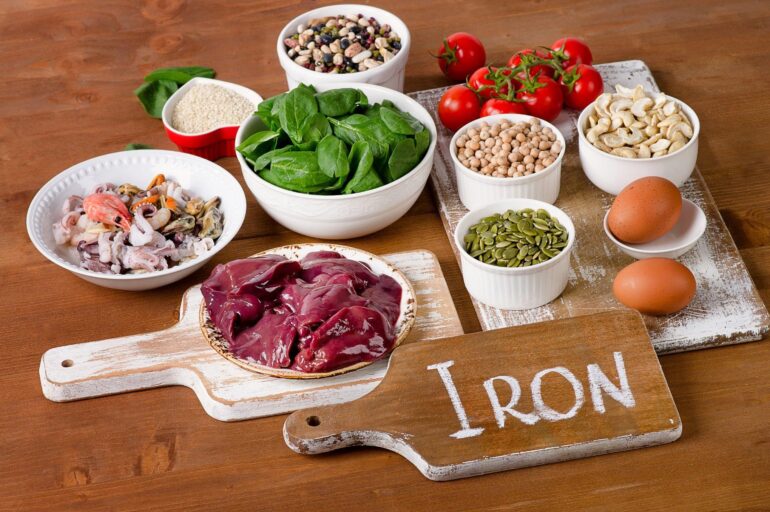
TCM also recommends specific dietary and lifestyle practices to support the skin:
Dietary Recommendations:
- Blood-Nourishing Foods: Include iron-rich foods like dark leafy greens, legumes, nuts, and lean meats to support blood health.
- Hydration: Drink warm water and herbal teas like chrysanthemum or goji berry tea to support hydration and circulation.
- Limit Processed Foods: Avoid sugary, refined, and fried foods that can contribute to inflammation and skin issues.
- Healthy Fats: Include omega-3-rich foods like salmon, chia seeds, and walnuts to maintain skin hydration and barrier function.
Repairing Your Skin Barrier with Lifestyle Changes
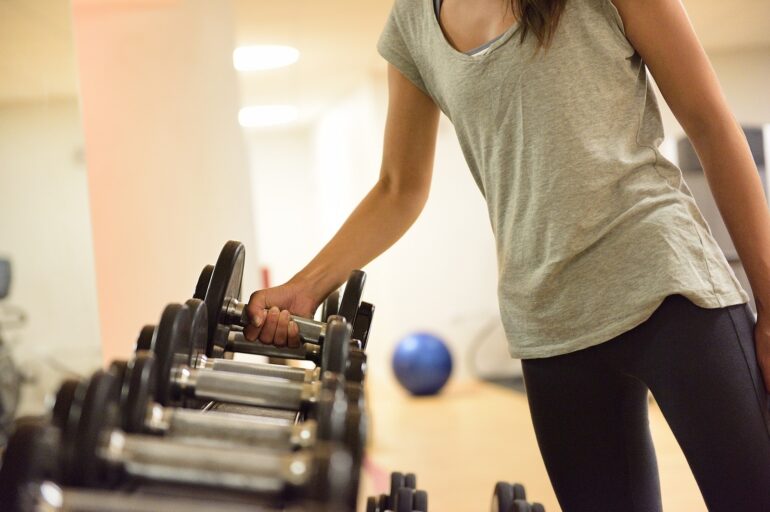
Lifestyle Recommendations
- Manage Stress: Meditation, yoga, and Qi Gong can reduce stress and improve skin health.
- Prioritise Sleep: Aim for 7-9 hours of sleep nightly to support skin regeneration.
- Stay Active: Regular exercise promotes circulation and detoxifies the body.
- Practise Gentle Skincare: Use mild, natural skincare products and keep your routine consistent.
- Avoid Excessive Sun Exposure: Protect your skin from UV rays to prevent premature ageing.
- Limit Alcohol and Tobacco: Reducing alcohol and avoiding smoking improves skin health and appearance.
Repairing Your Skin Barrier with Lifestyle Changes
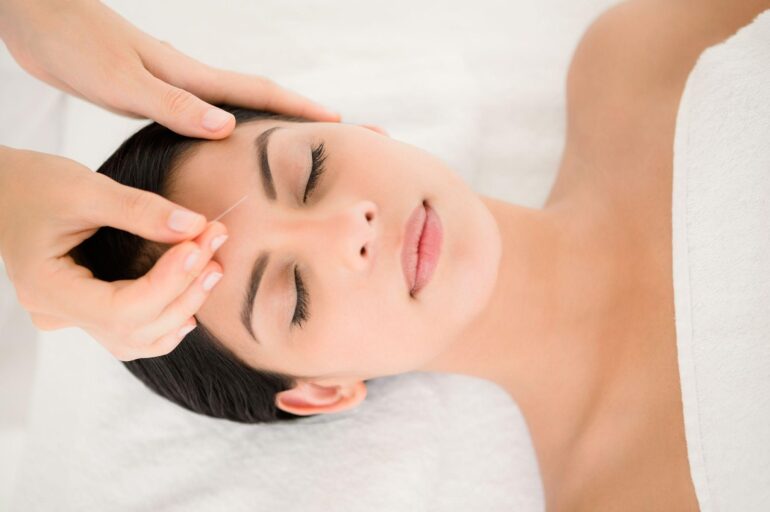
Acupuncture plays an essential role in balancing Qi, promoting circulation and reducing inflammation. Certain acupuncture points are often used to improve skin health:
- LI4 (Hegu): Found on the hand, this point promotes circulation and alleviates skin issues.
- SP6 (Sanyinjiao): Located on the inner leg, it nourishes the blood and can help with hormonal imbalances affecting the skin.
- ST36 (Zusanli): Located on the lower leg, this point strengthens the immune system and supports overall skin vitality.
Acupuncture treatments can help regulate Qi and circulation, allowing the skin to receive the nourishment it needs to function optimally.
Your healing is the most important!
Achieve healthier, more resilient skin by embracing the wisdom of TCM. It focuses on nourishing your skin from the inside out. By incorporating herbs, acupuncture, and mindful adjustments to diet and lifestyle, you can promote radiant, clear skin that glows with vitality. With the right balance of self-care, you can unlock your skin’s natural beauty and resilience.
Remember to consult with a certified practitioner before making significant changes to your skincare routine or trying new remedies to ensure they are suited to your individual needs.
If you are looking to explore a holistic approach to skin wellness, consult our physicians at +65 8087 0486 for a targeted treatment plan.
—
This article is written by Physician Jasmine Tan.
Physician Jasmine Tan (Oriental Remedies Group, Singapore), a registered TCM physician certified by the Traditional Chinese Medicine Practitioners Board (TCMPB).
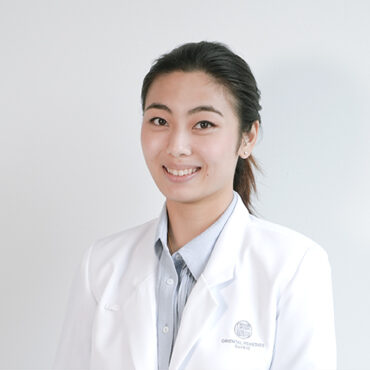
Note: all words in Italics mentioned henceforth refer to the TCM organ system and not the anatomical organs/terms referenced in Western medicine.
Disclaimer:
The content on this page is for information and educational purposes only. Such medical information may relate to disease, injury, drugs and other treatments, medical devices and/or health products. Medical information does not amount to advice, and if advice is needed an appropriate professional help should be sought. The disclaimer asserts that no warranties or representations are given in respect of the medical information, and that the website operator should not be held liable if a user suffers any injury or loss after relying upon the medical information.
Any devices used for technology-enhanced therapies are intended for use only for general well-being purposes or to encourage or maintain a healthy lifestyle, and is not intended to be used for any medical purpose (such as the detection. diagnosis, monitoring, management or treatment of any medical condition or disease). Any health-related information provided by this device or software should not be treated as medical advice.
References:
[1] https://pubmed.ncbi.nlm.nih.gov/26305727/

